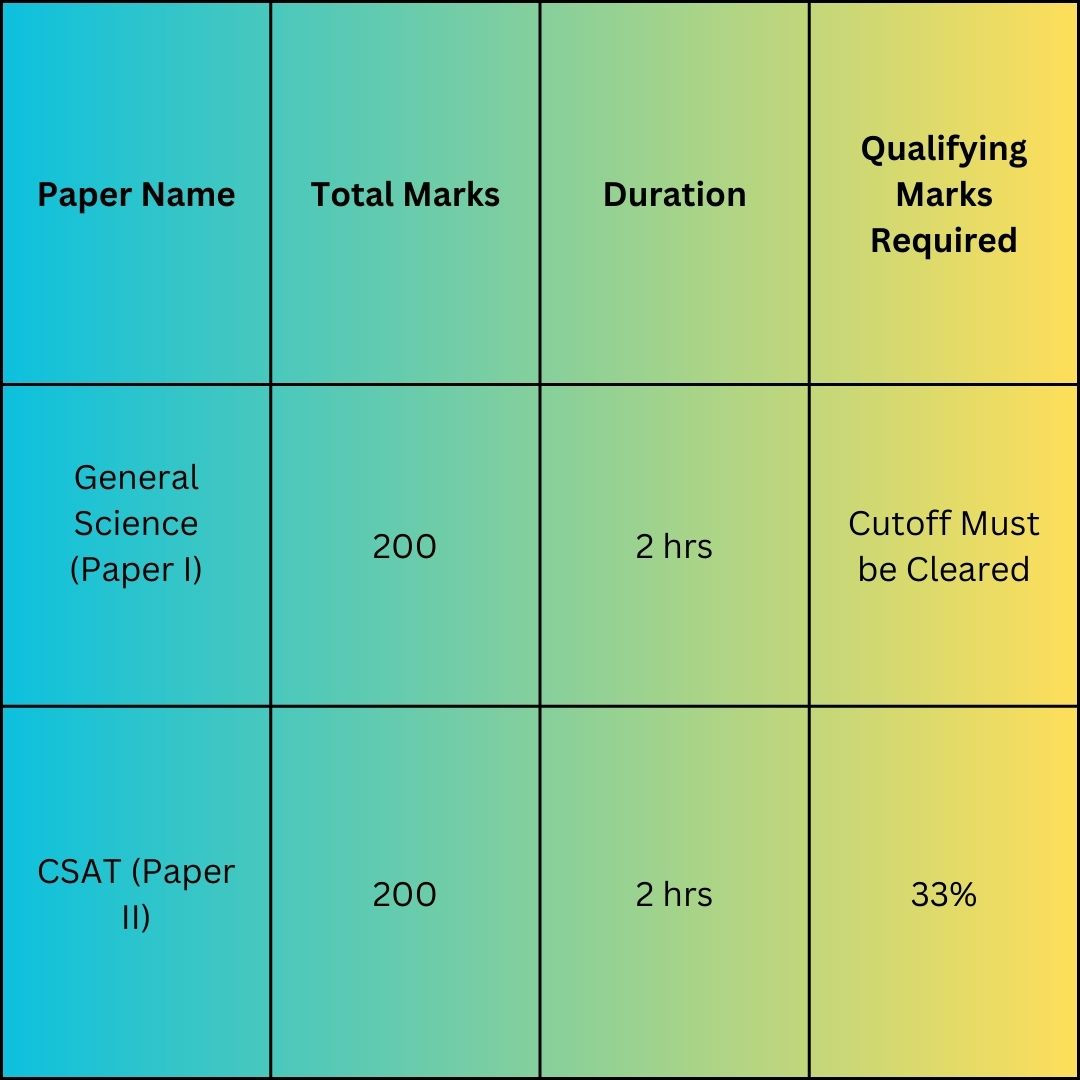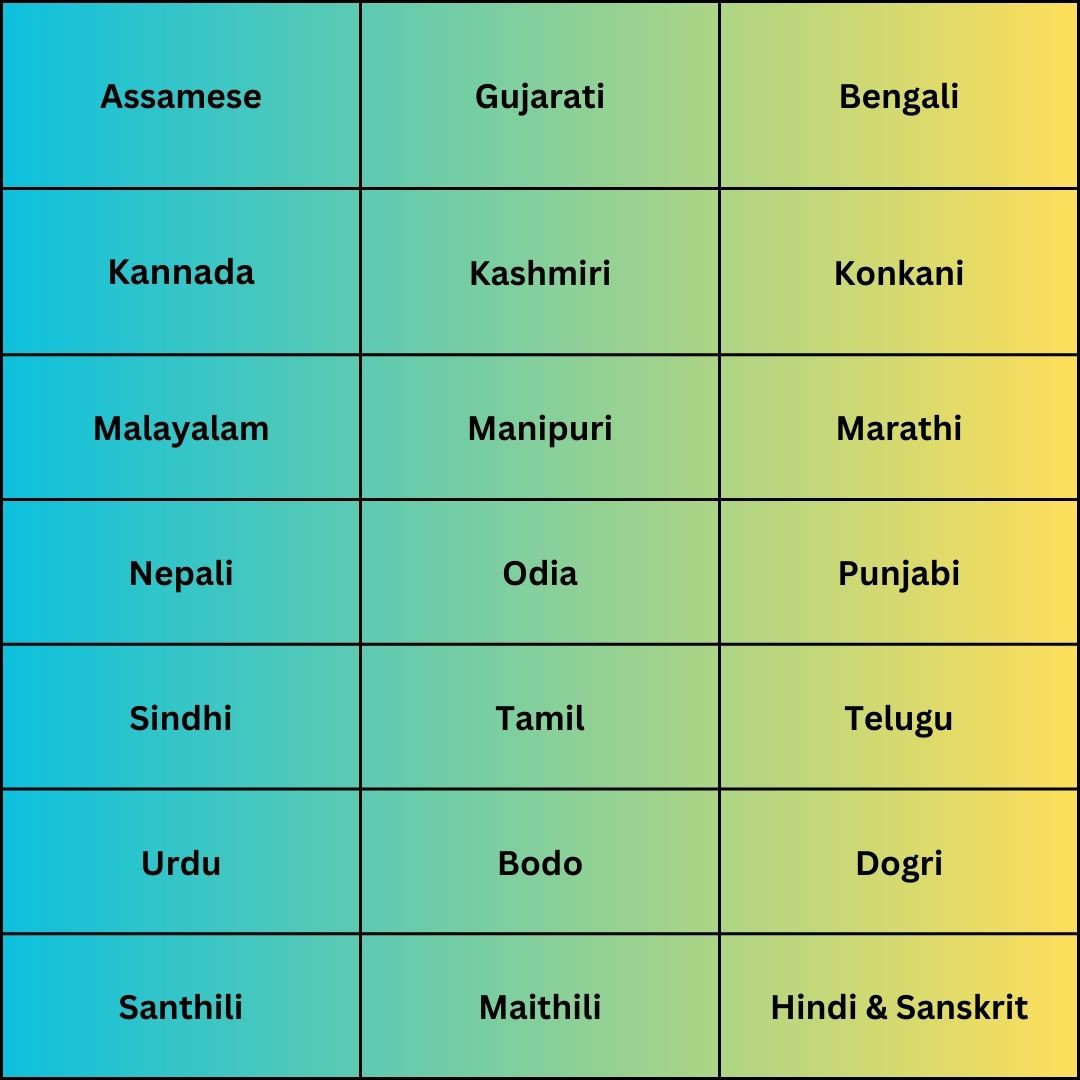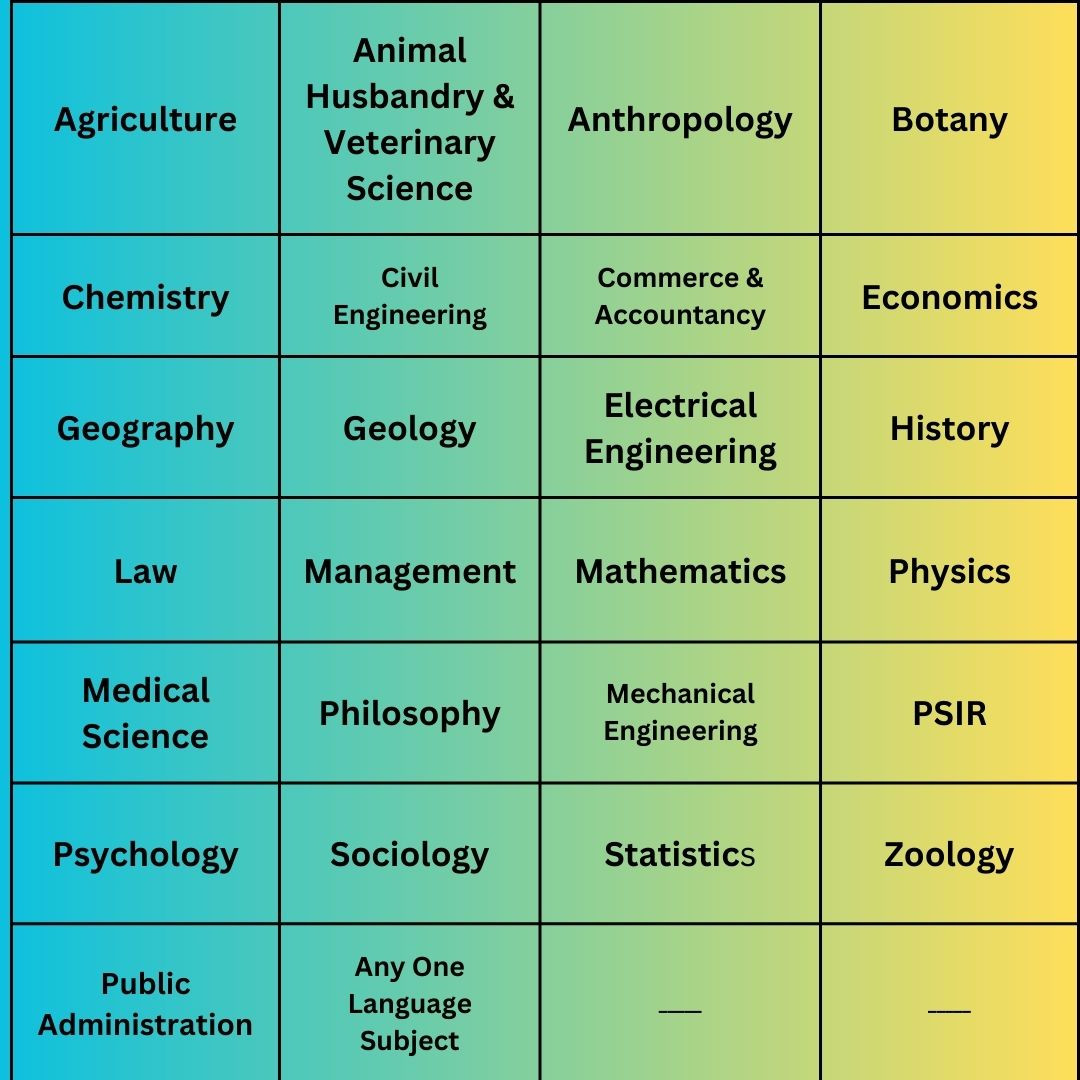UPSC Exam Pattern 2025: IAS Prelims & Mains Exam Pattern, Marking Scheme
The IAS exam pattern constitutes three stages: Prelims, Mains, and Interview. The IAS prelims exam constitutes two papers of 200 marks each. The IAS Mains exam consists of nine papers and is subjective in nature.UPSC Exam Pattern 2025 is set by the Union Public Service Commission. The commission releases the exam pattern along with the official notification. It is important for candidates to understand the exam pattern comprehensively for each stage of the exam. However, the exam pattern hasn’t been revised by the commission since 2013. Any changes in the exam pattern are notified in the official notification.
The IAS exam pattern is crucial and must be rigorously followed by candidates to prepare for the UPSC exam 2025. It allows you to understand the requirements of the exam and gives you an idea of where to begin your preparation for the various phases of the exam.
Read More:
The IAS written exam is divided into two stages - Prelims and Mains, and the pattern is different for each stage. Both UPSC prelims and mains examinations must be prepared in parallel, so candidates should be aware of the UPSC exam pattern for both phases.
UPSC Exam Pattern 2025: Highlights
The highlights of the UPSC IAS exam pattern are mentioned in the pointers below. Candidates who wish to apply for the UPSC CSE exam must read the following details related to the exam pattern below:
- The IAS exam is conducted in three phases: Prelims, Mains, and Interview
- The preliminary exam consists of two papers - General Studies I and Civil Services Aptitude Test (CSAT)
- The CSAT paper is qualifying in nature, while marks in GS I will decide whether a candidate is eligible to appear for the UPSC mains exam.
- The mains exam consists of nine papers, two of which are an English Language Paper and an Indian Language Paper.
- Both Language papers are qualifying in nature and will not be considered in the final merit list.
- The interview round is of 275 marks where the candidate’s personality and critical thinking is judged by the panel.
UPSC Prelims Exam Pattern 2025
The UPSC IAS Preliminary exam pattern as per the UPSC CSE notification 2025 is tabulated below:

- The Civil Services (Preliminary) Examination will consist of two Objective type (multiple choice questions) papers with a total of 400 marks in various disciplines.
- This examination is meant to serve as a screening test only; the marks obtained in the Civil Services (Preliminary) Examination by the candidates who are declared qualified for appearing in the Civil Services (Main) Examination will not be counted for determining their final order of merit.
- The number of applicants accepted to the Civil Services (Main) Examination will be about twelve to thirteen times the total estimated number of vacancies to be filled through this Examination throughout the year.
UPSC Prelims Exam Pattern 2025 - Marking Scheme
UPSC Mains Exam Pattern 2025
List of Subjects in Indian Language Papers in the UPSC Mains Exam
List of Subjects in the UPSC Mains Optional Papers
UPSC IAS Interview Pattern
Frequently Asked Questions (FAQs)
What is the UPSC Exam Pattern?
The UPSC Exam is conducted in three stages: Preliminary, Main, and Interview. The Preliminary Exam is an objective type paper consisting of two papers, Paper I and Paper II. The Main Exam consists of nine papers, which are descriptive in nature. The Interview or Personality Test is the final stage of the selection process.
What is the duration of the UPSC Preliminary Exam?
The duration of the UPSC Preliminary Exam is two hours for each paper.
What is the minimum qualifying marks for the UPSC Preliminary Exam?
The minimum qualifying marks for the UPSC Preliminary Exam is decided by the commission and varies every year. Generally, it is around 33% for each paper.
What is the duration of the UPSC Main Exam?
The duration of the UPSC Main Exam is three hours for each paper.
What is the Interview or Personality Test in the UPSC Exam?
The Interview or Personality Test is the final stage of the UPSC Exam. It is conducted to assess the candidate's personality traits, communication skills, and other qualities required for a civil servant.
Loading...















